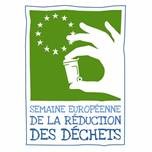A committed Museum
What we have already done
- Accueil
- Actualités
- A committed Museum
The Oceanographic Museum is dedicated to reducing its impact as much as possible and to improving its efforts in terms of using resources and reducing the consequences of its activity on the environment.
We have created this page simply to inform you of what we are doing, which is changing all the time, and the pace has stepped up considerably over the past few years.
It is also to give you a few ideas of what you can do at your own level.
Indeed, we would be delighted to hear your suggestions, top tips and everyday best practices for protecting the ocean!
Reducing water and energy consumption
- We use clean energy
- We have replaced traditional bulbs with LED equivalents, which consume less energy
- Fitted motion detectors to washbasins (professionals only)I
- Changed cleaning methods (to use microfibres) to include eco-labelled and water-soluble products.
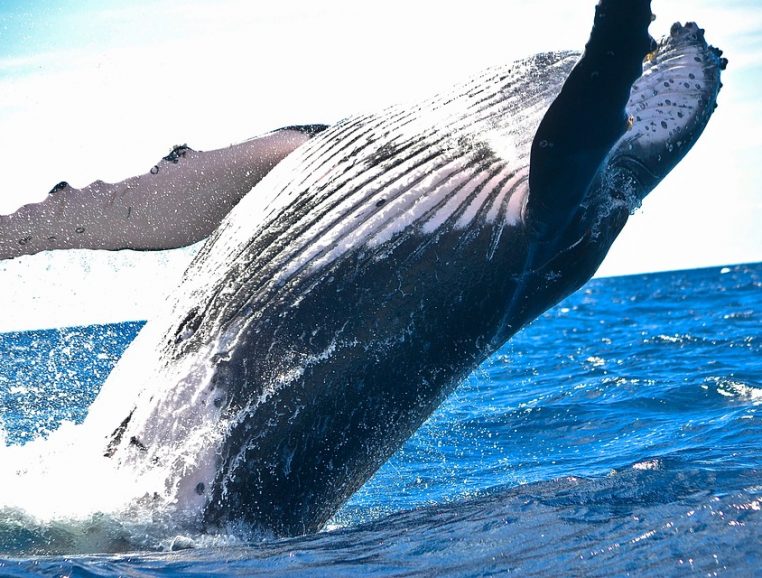
Reduced exhaust gas emissions
- We have gradually switched our vehicle fleet over to hybrid or electric vehicles
- We train our drivers in the rules of eco-driving.
- Company laundry is done internally (a washing machine has been purchased) and laundry detergent bearing an eco-label is used.

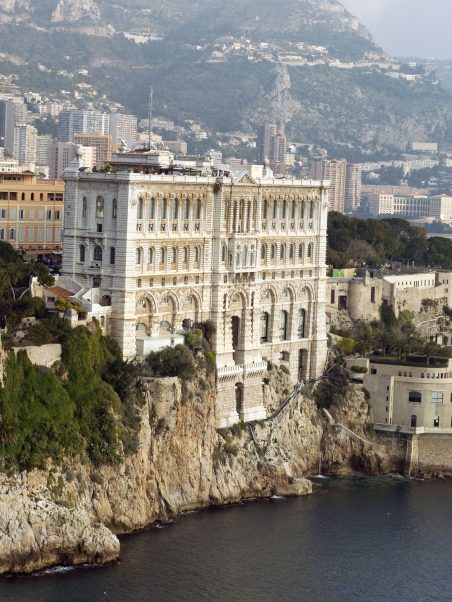
Reducing and sorting waste
- We train the staff of the Oceanographic Museum and the personnel running the La Terrasse restaurant
- Plastic containers have gradually been eliminated (water fountain, etc.)
- Plastic cups have been replaced by recycled and recyclable paper cups
- Staff coffee machines are now fitted with “mug detectors”
- Recycling bins are present in the offices (paper+plastic)
- Waste is recycled (offices and public areas of the Museum)
In the Store:
- Recycled paper bags are used
- An eco-responsible product range has been set up and the Store has subscribed to the “committed trade” label
Raising awareness for the protection of the marine environment
- We raise awareness of the issue among school groups and encourage people to seek alternative solutions for single-use plastics.
- We mediate and share our values on the topic of the environment, by helping our younger visitors in the “snapper club” to create and distribute their own charter for the protection of the ocean
- We run a “Partying without Balloons” group on social media, to inform people about plastic waste and gather alternative proposals to releasing balloons in public.
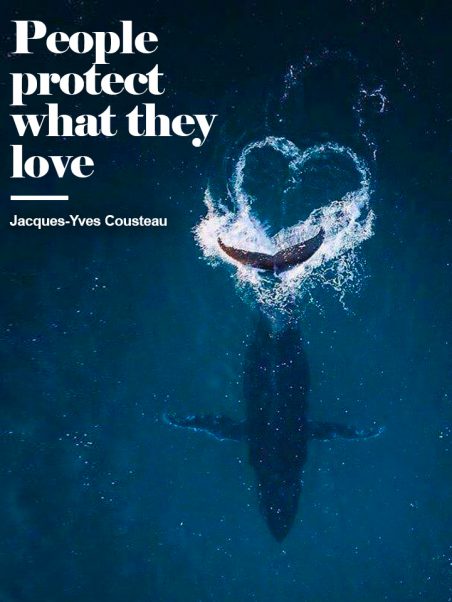
THE COMMITMENTS OF THE INSTITUTE
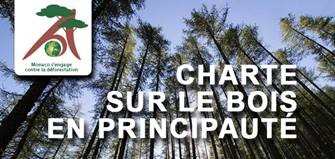
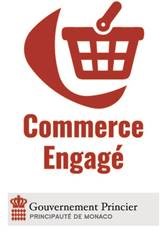
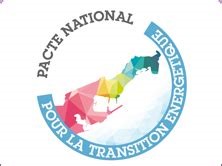
The Institute is committed to fighting deforestation and follows the Monaco charter on wood.
-
Eco-responsible practices, short economic distribution circuits and the circular economy,
-
acting against food wastage, etc….
Watch a video on the National Pact For Energy Transition

Work in Progress...
The Museum works every day to strengthen the positive impact our visitors have on the ocean whilst reducing our negative impact on the environment.
This work requires discipline and consistency. A number of campaigns are currently being defined or implemented.
When we commit to such an approach, we have a better view of the road left to cover than what we have already accomplished.
We are aware both of what remains to be done and of the added value of considerate dialogue in terms of conserving the momentum of progress, so we are open to any suggestions for improvements.
Find us on our social networks to strike up a discussion!
This year, the Principality of Monaco, alongside numerous other States, will be involved with the EuropeanWaste Reduction Week (EWWR), which will take place on 16-24 November 2019, on the theme of “education and communication on reducing waste” .
You can follow the programme for Saturday 16 November 2019, which will take place at the Museum.
